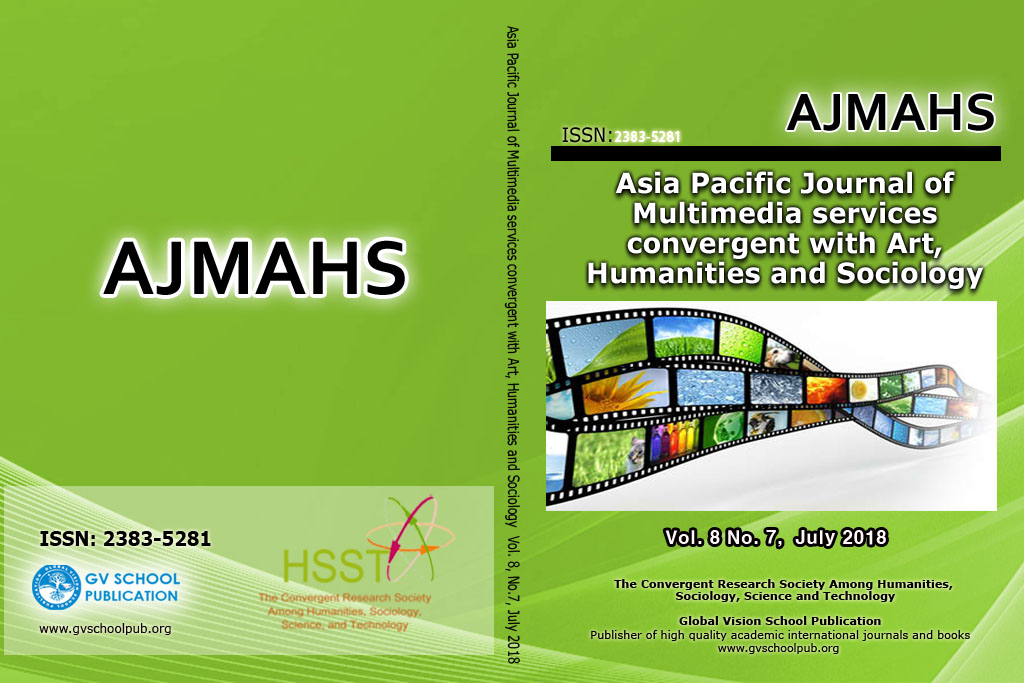Labor Market Externality and Matching Efficiency in Korea
- 인문사회과학기술융합학회
- 예술인문사회융합멀티미디어논문지
- 8권 7호
-
2018.07101 - 109 (9 pages)
- 5

This paper investigates the effect of regional labor market externality on the matching efficiency. The externality is measured by the ratio of labor turnover within the region relative to the total, using Korean Employment Insurance database. Labor matching efficiency is estimated with the labor mating function using the data both from the national establishment survey on vacancies and hires and public administrative data(Worknet) of job matching. The results show that the labor externality incurred by regular full-time workers within the regional cluster is positively correlated with the matching efficiency but total labor mobility is negatively correlated with the matching efficiency in case of the establishment survey data. This implies that the regional labor cluster among regular workers can form more cohesive and influential network in regional labor market rather than irregular workers. On the other hand, when we analyze the regional labor market using Worknet data with more of senior and less educated job seekers, the total labor externality is positively correlated with matching efficiency while labor externality from regular workers is negatively correlated with total matching efficiency. It implies that the regional labor externality has a differential impact on the matching efficiency depending on the characteristics of vacancies and job seekers.
1. Introduction
2. Estimation of labor market matching function
3. Conclusion
(0)
(0)